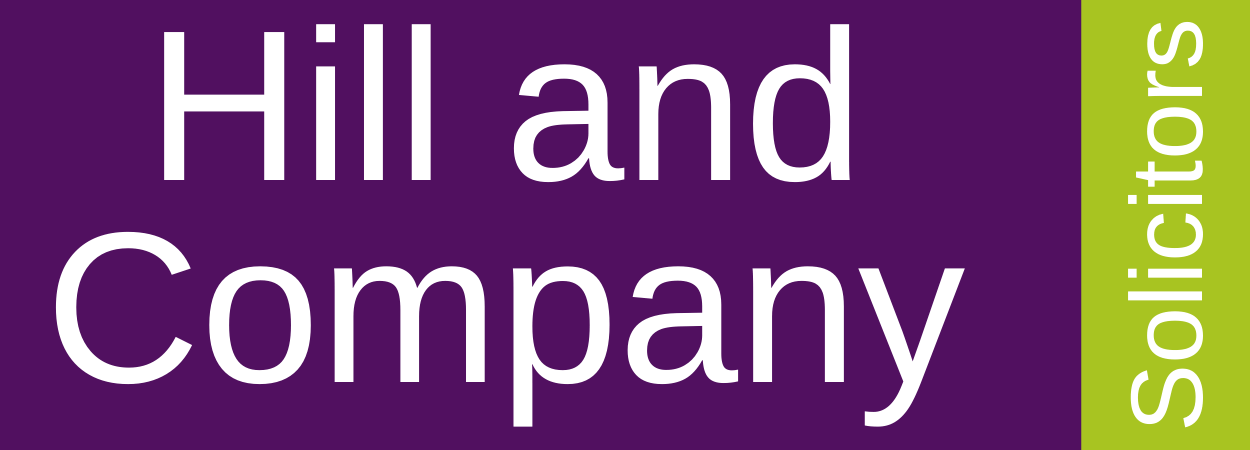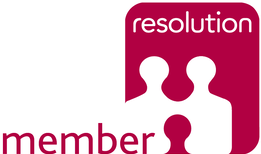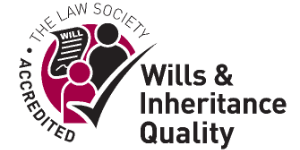Going through the process of a divorce or separation is often a difficult time, especially if children are affected. Making arrangements for a child to spend time with their non-resident parent can be challenging and, in some cases, a supervised contact order may be issued by the family courts.
The purpose of supervised contact is to protect the child’s wellbeing, in terms of their physical and emotional safety. If a court deems that supervised contact is necessary, the court will define the contact arrangements.
In some situations, it may be that contact is to take place in the presence of another relative, or at a relative’s home. Alternatively, the court could refer the family to the local supervised contact service, depending on the specific circumstances of the family.
This will mean that a qualified supervisor such as a social worker will be present during contact, and they will work with the family to help the child to maintain a positive relationship with their non-resident parent. The supervisor will have access to the court papers and will review the case details before the first contact meeting.
What happens during the contact meeting?
During the supervised session, the supervisor will closely observe the family and record any relevant observations regarding the contact meeting. A venue can be suggested by the parent but must be agreed by the supervisor, who must be satisfied that the venue provides a safe and private environment.
In many cases, the family will work towards reduced levels of supervision. A professional assessment will be made to determine whether the level of supervision can be reduced, based on the progress made. Each case can be different, with a range of outcomes which will be selected based on the specific circumstances. It may be that a family is moved from constant supervision to supported contact. However, some families remain on long-term supervised contact.
What is supported contact?
Whereas supervised contact involves high vigilance in the observation of contact, supported contact does not require observation from a supervisor. It may be that the family are supported by meeting at a contact centre, or the supported contact could be a named family member that is present.
What is indirect contact?
There are some cases where the court has decided that no physical face-to-face contact should be arranged. Instead, the non-resident parent may contact the child by pre-arranged telephone calls, or by sending an email or letter.
If you are affected by a Child Arrangement Order such as supervised contact, it is always a good idea to seek legal advice from a professional family law expert.
At Hill and Company Solicitors, our family law solicitors are here to help you - Book your consultation here.



